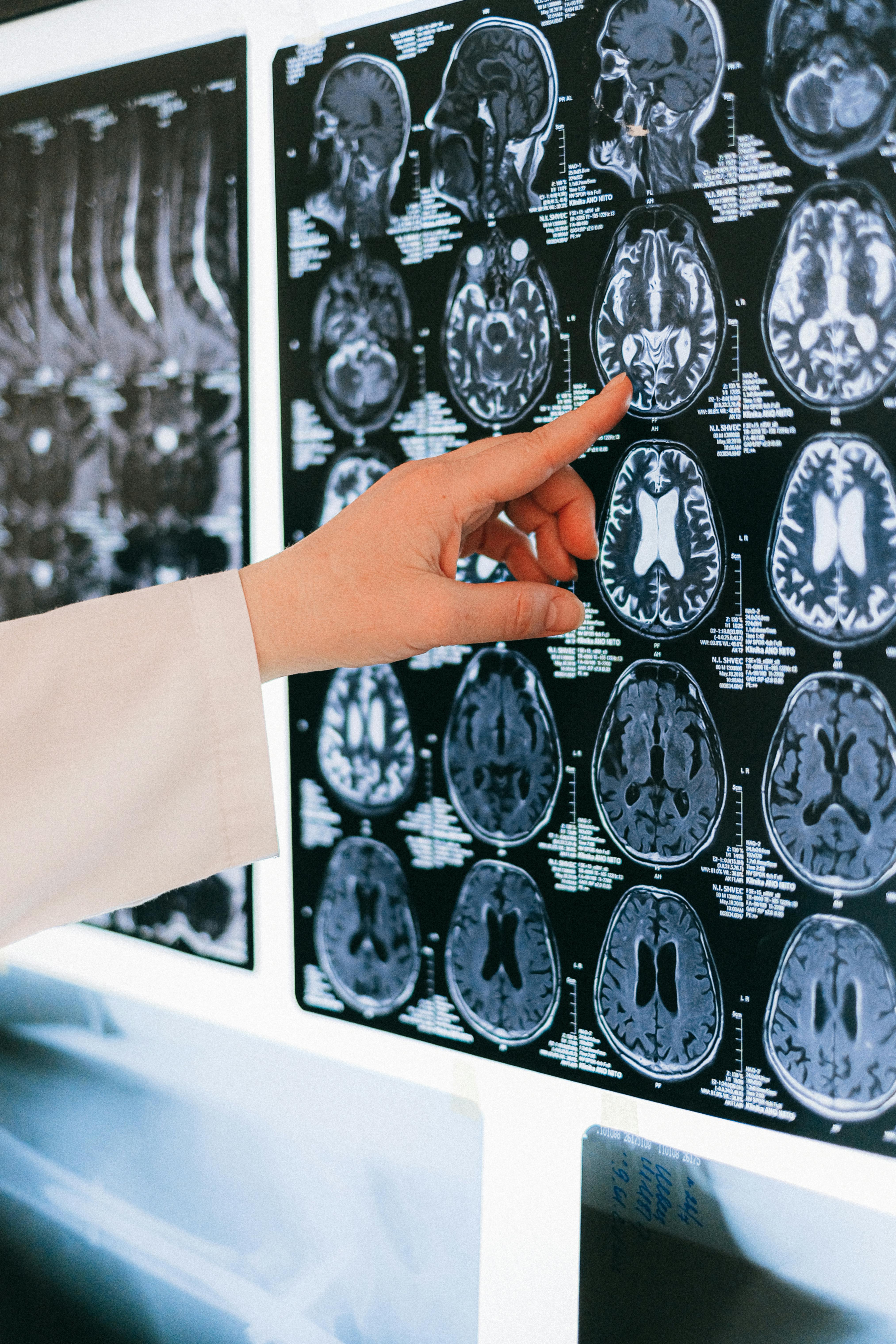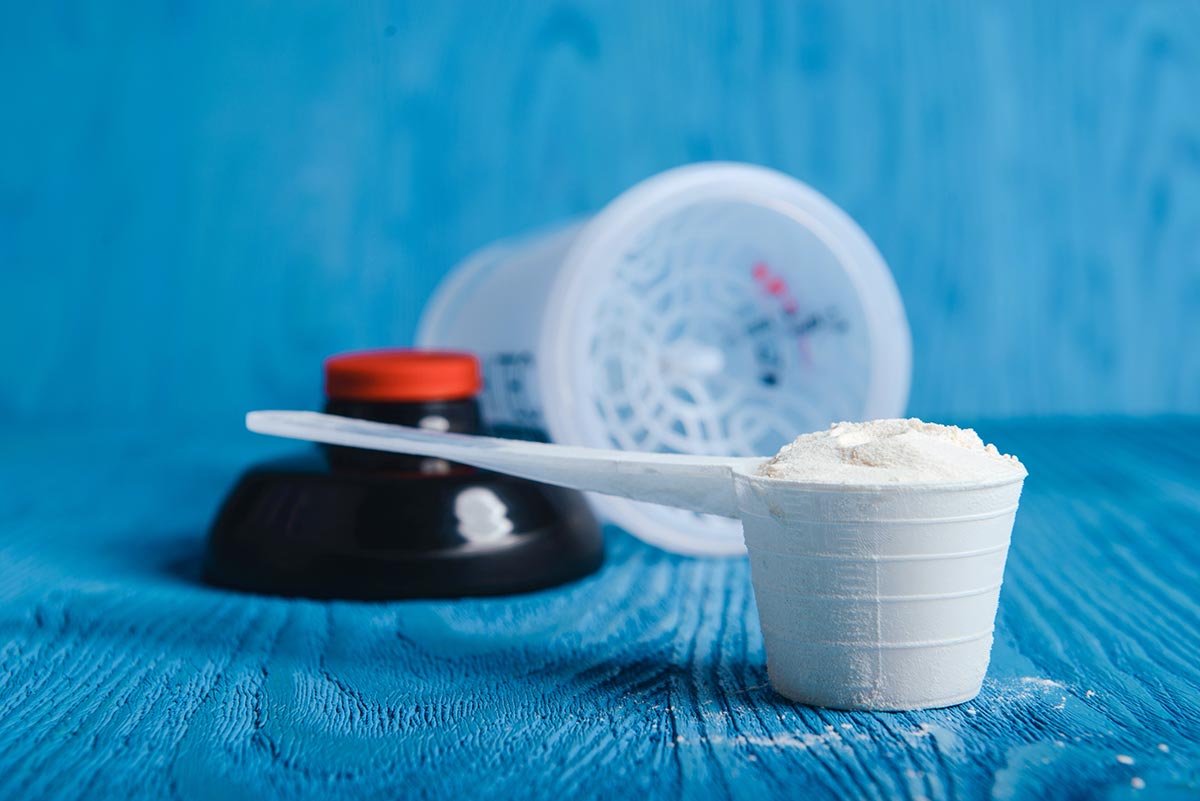Current information about muscle-building protein isn’t always the easiest to find, but it’s essential for anyone serious about gaining size and strength. Fortunately, this report includes the latest insights on the topic, breaking down the best protein sources and why they are crucial for your fitness goals. If you’ve ever been confused about how protein works or what sources are the most effective, this article will set the record straight.
Why Protein Is Essential for Muscle Growth
Protein is often referred to as the building block of muscle, and for good reason. Without sufficient protein intake, no amount of lifting, squatting, or bench-pressing will yield the results you desire. Protein plays a dual role in muscle growth. First, it provides the raw materials your body needs to repair and build muscle tissue. Second, it helps your body recover from the microscopic damage caused by intense workouts.
Protein is composed of amino acids, which are the molecular building blocks your body uses for numerous functions, including muscle repair and growth. When you consume protein, your body breaks it down into these amino acids, which then circulate in your bloodstream to perform their tasks. For bodybuilders and athletes, ensuring a steady supply of high-quality protein is critical to achieving optimal performance and muscle hypertrophy.
The Best Protein Sources for Muscle Growth
Not all protein sources are created equal. Some provide a superior amino acid profile, while others are absorbed more efficiently by the body. Below, we’ll dive into some of the best foods for fueling muscle growth, each offering unique benefits to your diet and workout routine.
Eggs
Eggs are often considered a near-perfect source of protein. Each egg contains about 6 grams of high-quality protein and all nine essential amino acids. Contrary to popular belief, you don’t need to consume them raw to reap their benefits. Whether scrambled, boiled, or fried, eggs are a versatile and nutritious addition to your diet. They also contain vitamins and minerals, such as choline, which supports muscle function and recovery.
Lean Red Meat
Lean cuts of beef, such as sirloin or extra-lean ground beef, are excellent sources of muscle-building protein. Red meat is rich in essential nutrients like iron, zinc, and creatine, which aid in muscle performance and recovery. While it’s important to consume red meat in moderation due to its saturated fat content, it remains a valuable part of a muscle-building diet.
Poultry
Chicken and turkey are staples in many athletes’ diets for good reason. They are low in fat, high in protein, and incredibly versatile. Opt for skinless, white-meat portions to maximize protein intake while minimizing fat consumption. Incorporating poultry into meals is a simple and effective way to meet your daily protein needs.
Milk
Milk offers a variety of benefits for muscle growth. Each 250ml serving provides about 8 grams of protein, primarily in the form of casein. Casein is a slow-digesting protein that helps maintain a steady release of amino acids into your bloodstream over several hours. This makes milk an excellent choice for sustained muscle recovery, especially when consumed before bedtime.
Fish and Seafood
Fish like salmon, cod, and tuna are rich in protein and omega-3 fatty acids. Omega-3s are essential for reducing inflammation and promoting muscle recovery. A single can of tuna provides approximately 30 grams of protein with zero carbs and minimal fat, making it a convenient option for those on the go. Seafood is also a great way to diversify your protein sources and add healthy fats to your diet.
Peanut Butter and Peanuts
Peanuts and natural peanut butter are excellent plant-based protein sources. They are also rich in healthy fats and provide a quick energy boost. While they should be consumed in moderation due to their calorie density, they are a convenient and satisfying way to add protein to your snacks or meals.
Cottage Cheese
Cottage cheese is another source of casein protein, making it ideal for sustained muscle recovery. It is also rich in glutamine, an amino acid that supports immune function and muscle repair. Cottage cheese is a versatile food that can be paired with fruits, vegetables, or even blended into shakes.
Whey Protein
Whey protein is often hailed as the gold standard for muscle-building supplements. It is rapidly absorbed by the body, making it an excellent post-workout choice to kickstart muscle recovery. In addition to its high biological value, whey protein is convenient and versatile, easily added to smoothies, oatmeal, or other recipes.
Balancing Protein with Carbs and Fats
While protein is the cornerstone of muscle-building nutrition, it’s important not to overlook carbohydrates and fats. Carbohydrates replenish glycogen stores depleted during workouts, providing the energy needed for intense training. Healthy fats, such as those found in avocados and nuts, play a role in hormone production, including testosterone, which is crucial for muscle growth.
How Much Protein Do You Really Need?
The optimal protein intake varies depending on factors such as age, weight, activity level, and fitness goals. For most athletes and bodybuilders, consuming 1.2 to 2.0 grams of protein per kilogram of body weight per day is a good starting point. This range ensures sufficient amino acid availability for muscle repair and growth without overloading the body.
Common Myths About Protein
One common myth is that more protein always equals more muscle. While protein is essential, consuming excessive amounts won’t necessarily accelerate muscle growth. Instead, focus on spreading your protein intake evenly throughout the day to maximize its effectiveness.
Another misconception is that plant-based proteins are inferior to animal proteins. While animal proteins typically have a more complete amino acid profile, combining different plant-based sources (e.g., rice and beans) can provide all the essential amino acids your body needs.
Protein is the cornerstone of any muscle-building diet, but not all sources are created equal. By incorporating a variety of high-quality protein sources, such as eggs, lean meats, fish, and dairy, you can ensure your body receives the nutrients it needs to grow and recover effectively. Remember to balance your protein intake with carbohydrates and healthy fats for a well-rounded approach to nutrition.
As always, consult with a healthcare professional or nutritionist to tailor your diet to your specific needs. With the right combination of training, nutrition, and recovery, your muscle-building goals are well within reach.













